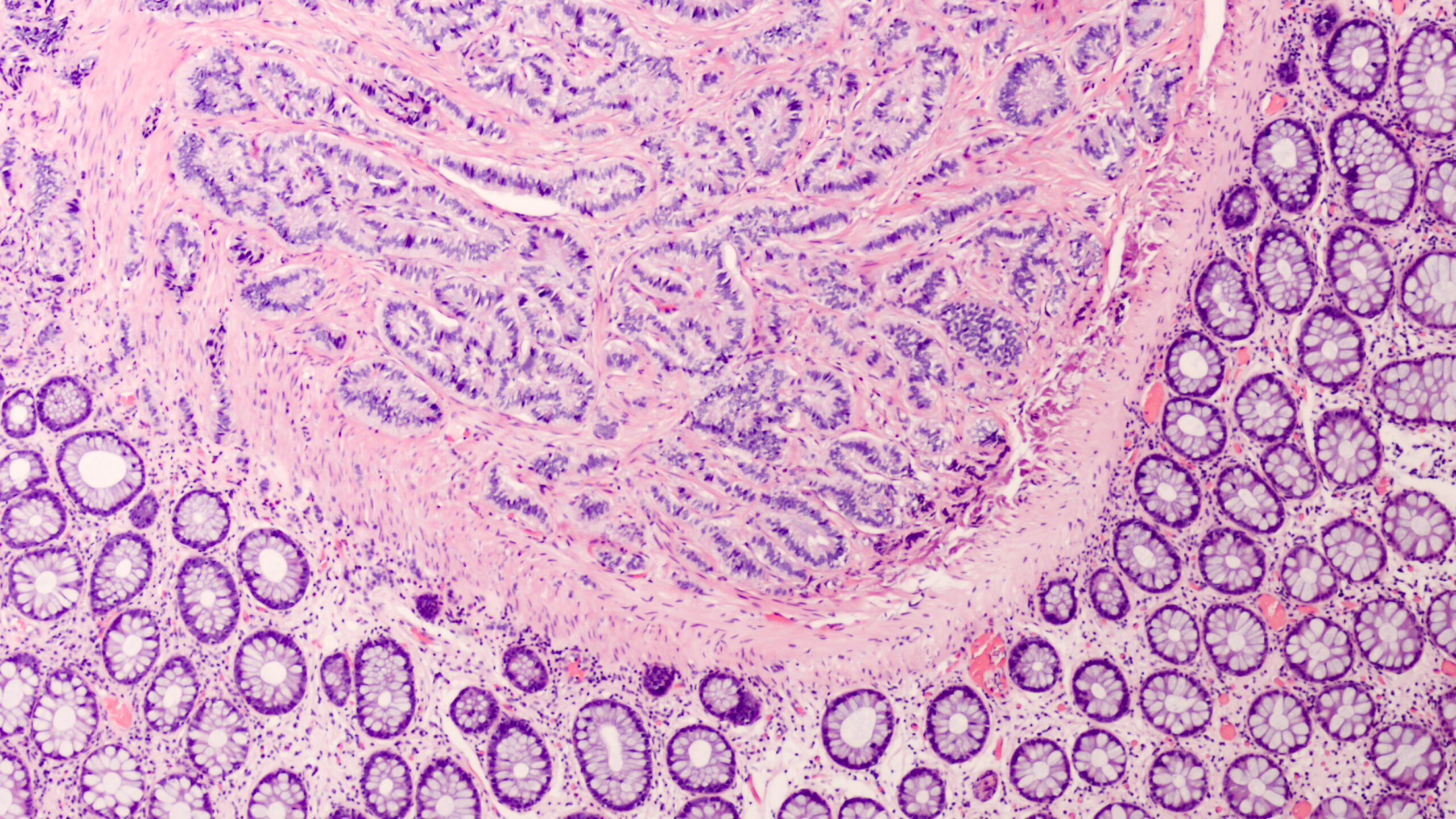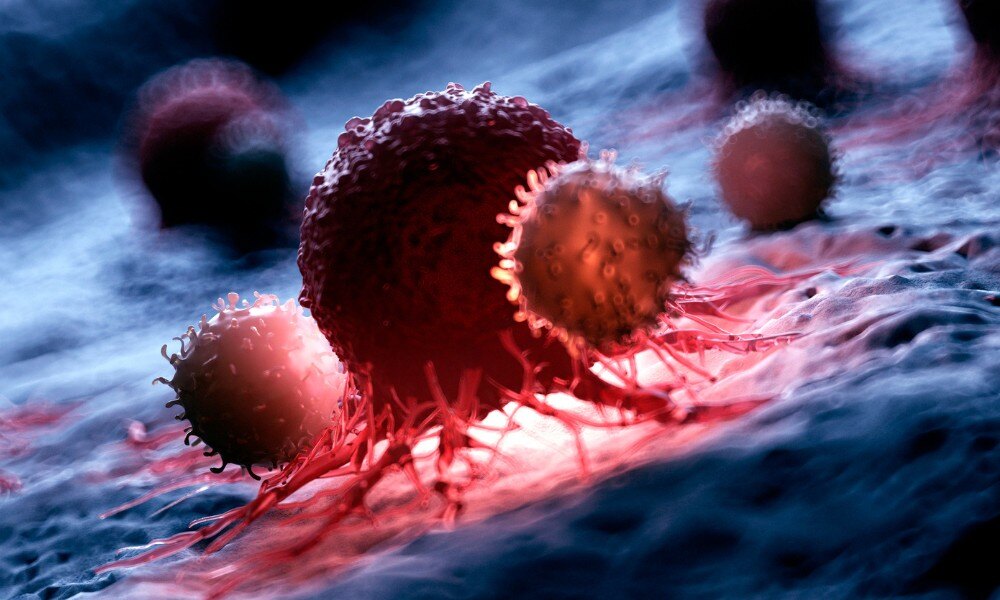Multi-Specific Protein Modalities For Solid Tumours

Ahead of Oxford Global's Preclinical Immuno-Oncology: Online congress, we met with Rajika Perera, Chief Executive Officer of Poseidon Laboratory to discuss their work in developing novel modalities for cancer immunotherapy.
What is the focus of your current work in the immuno-oncology field?
"We’re an early stage company with an innovative platform technology. Our platform is primarily based on a protein modality that is specifically engineered to accept current antibody fragments as well as other protein domains to enhance and modulate the immune system. At Poseidon, our focus is two-fold. Firstly, we’re interested in the solid tumour space, where most of the current biologics fall short. Secondly, our platform technology incorporates multi-specificity and multi-valency of targets into a single therapeutic molecule, in contrast to the prevailing monotherapies."
What are the main challenges you have been facing in this work?
"A successful protein therapeutic has to have an excellent drug-like profile, good developability profiles, and it also must be low in immunogenicity. To avoid any late stage failures, it’s important to create assays to screen for developability and immunogenicity. A recent publication from Jain et al has shown how developability profiles have a pivotal role in the clinical success of antibody therapeutics. With new wave of protein modalities like bi- and multi-specifics, it’s important to understand the immunogenicity profiles. Developing assays to screen for potential immunogenicity early on will be of benefit in the drug development pipeline in terms of time and resources used."
Are there any upcoming developments within the industry which could advance your work further?
"There is increasing evidence that patient derived organoids (PDOs) in combination with transcriptomic analysis can predict clinical responses for certain chemotherapy drugs. We envisage that these techniques will be adapted to discover novel biologics for solid tumours. A high-throughput screening platform to select for the best candidates has the potential to drastically reduce the discovery timeline and the downstream costs."
Where do you see the future of monoclonal antibodies going in the next five years?
"Neural networks are improving in protein prediction power and more biologics will be derived from AI driven platforms. The sequence space covered with computational design is vast and it will create a paradigm shift in the number of candidates generated in comparison to the conventional discovery techniques like hybridoma approaches and other display techniques. However, there is still a gap between the in-silico design and in-vivo antibody expression. The challenge in the next 5 years will be to reduce this gap to translate safer and effective biologics to the clinic."
How would the advancement of combination therapy research aid the progression of immuno-oncology?
"As of last year, over 100 antibody based therapies have been approved by the FDA and there are many more in pre-clinical and clinical development. Most of the current combination therapies are centered around a limited number of immune-oncology targets. The advancement of combination therapies must be two-fold. First, we should look to discover novel cancer markers that can be targeted via combination therapy. Secondly, we should aim to have a better understanding of the biology behind the mechanisms of actions with these modalities. In the coming years, bi-specifics and ADCs will be starting to take the center stage from monotherapy and this will shift the balance between classical combination therapy versus the next generation multi-specific modalities."
To see the latest insights into novel modalities for cancer immunotherapy, please consider joining Oxford Global's upcoming Preclinical Immuno-Oncology: Online congress. We specialise in capturing the latest developments in the field of immuno-oncology as and when they happen, so stay up to date by tracking all these insights on our Immuno Content Portal.








